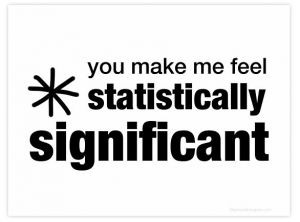Community Conversations is a long-running podcast highlighting community success stories from a wide variety of online community management professionals.
Episode #87 of Community Conversations features Kelly Munro, Community Team Lead, Xero.
On this special State of Community Management 2022 episode, Kelly Munro and host Anne Mbugua discuss the trends in community content and programs. Kelly shares tips for designing effective content and programming for your online community and discusses topics including:
- How thinking about content and programs affects her community work.
- The importance of onboarding for communities.
- Advice for community professionals starting to dig into content and programs for their organization
Listen to Kelly Munro on Community Content and Programs
Podcast: Play in new window | Download
About Kelly Munro
Kelly Munro is the Community lead within the Customer Success team at Xero, managing their product development & discussion forums. She has an interest in using technology to solve user and business friction with a human-centric & adaptive lens.
About Xero
Xero is a New Zealand-based technology company that provides cloud-based accounting software for small and medium-sized businesses. Their online accounting software connects small business owners with their numbers, their bank, and advisors anytime. Founded in 2006, Xero now has 3.5 million subscribers and is a leader in cloud accounting across New Zealand, Australia, and the United Kingdom. Their team of over 4,500+ talented thinkers, creators, and educators helps make life better for small businesses globally.
About The State of Community Management
Now in its 13th year, our annual State of Community Management report provides strategic ideas and tactical benchmarks for global community management professionals.
The State of Community Management 2022 explores the state of the community management industry through the lens of the eight competencies in the Community Maturity Model™.
Each section includes data, ideas, and expert practitioner perspectives to give you new insight into the community management industry.
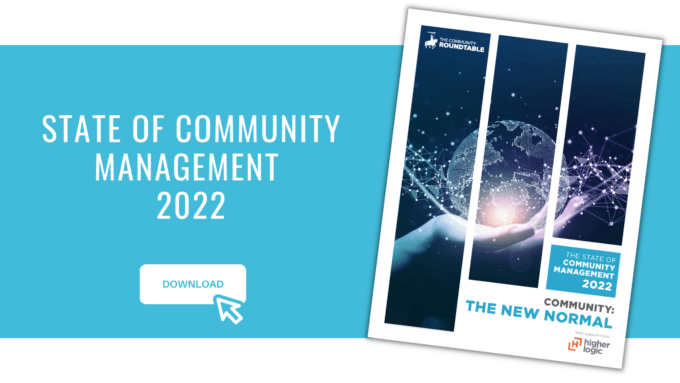
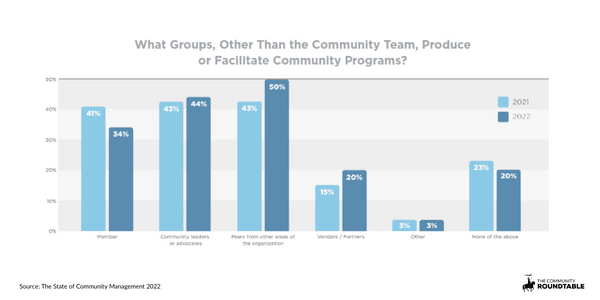
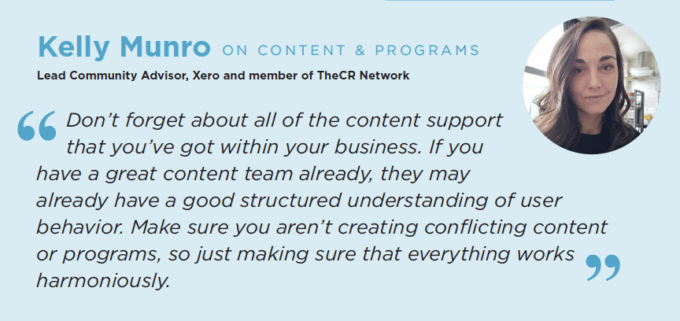
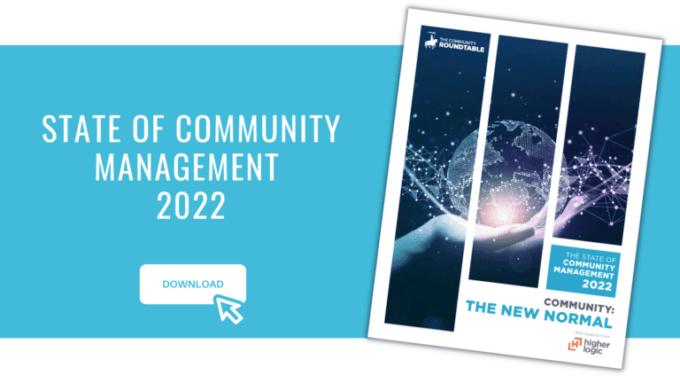
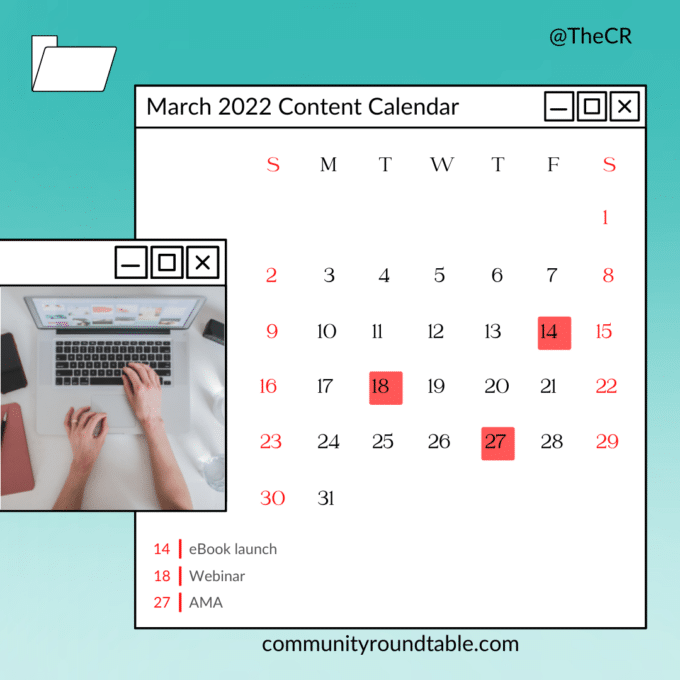
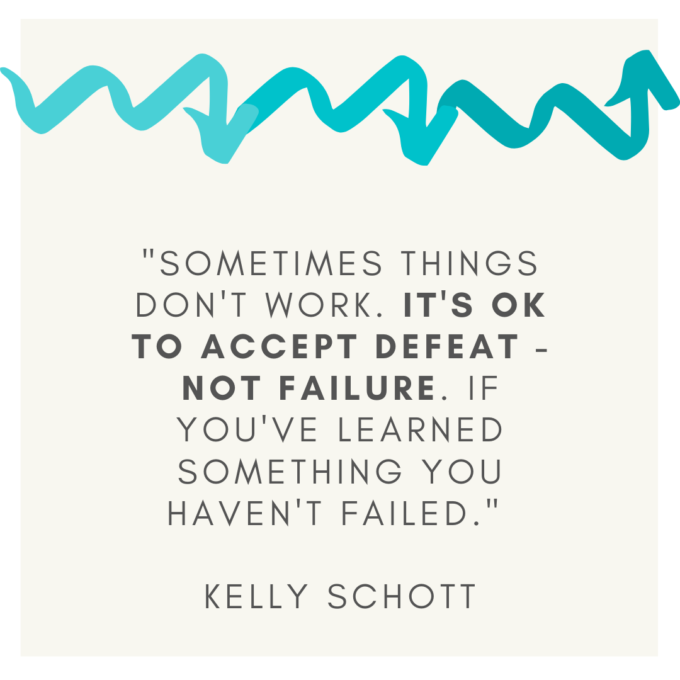
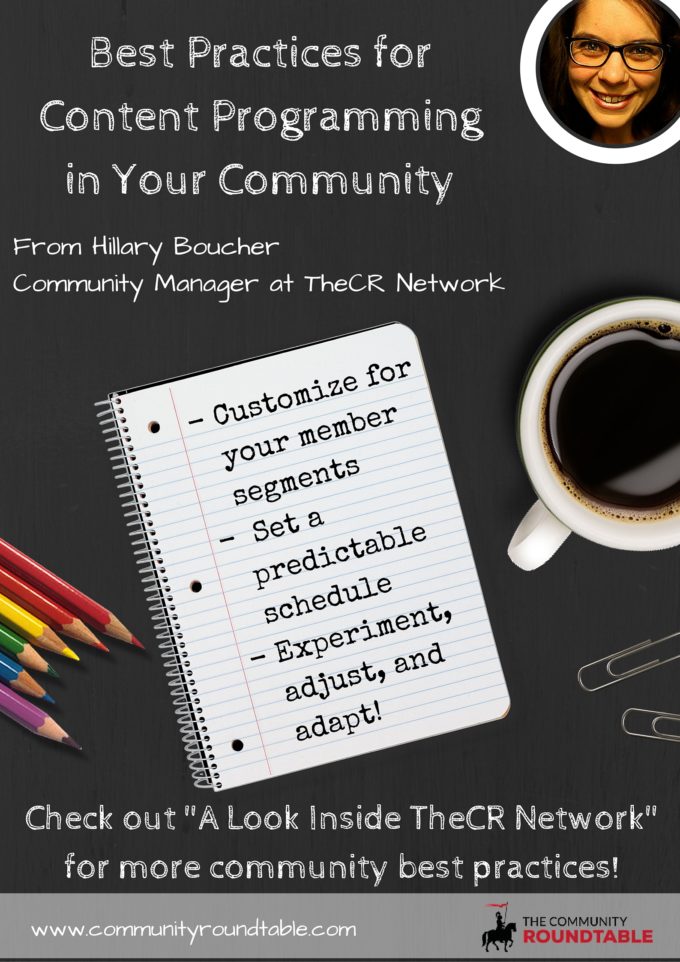

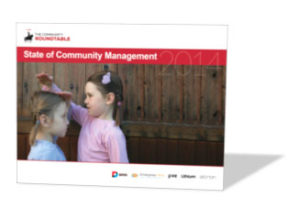
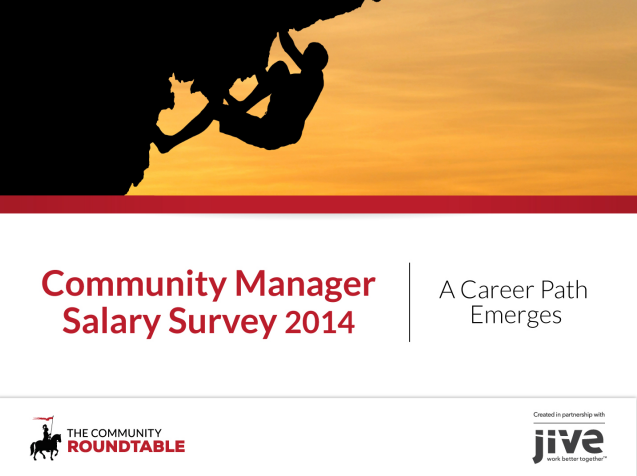
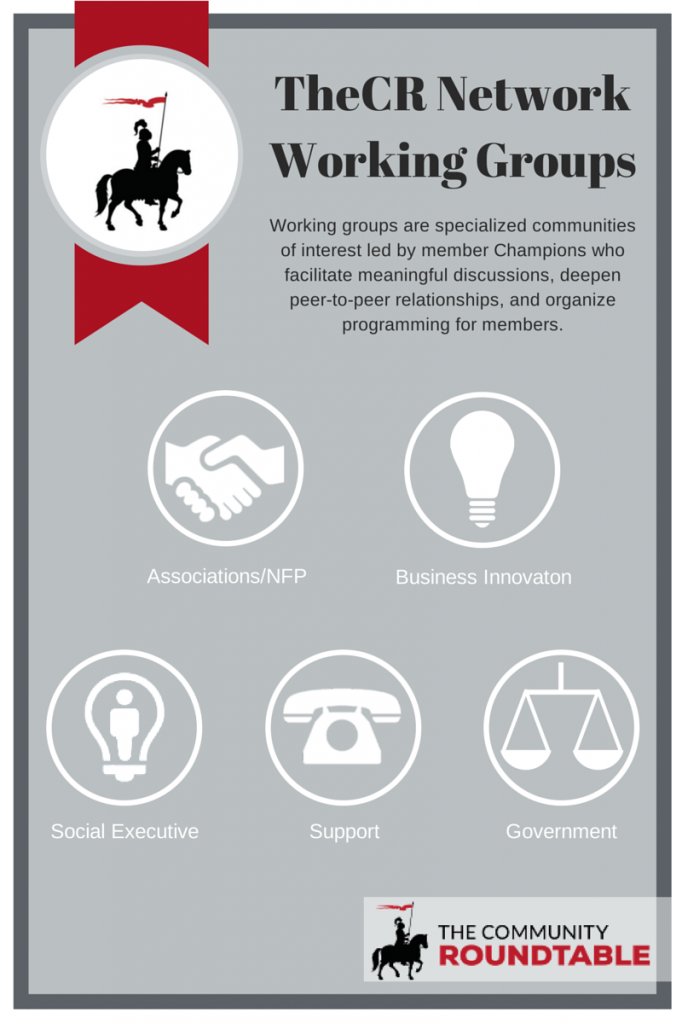 The Fall also saw us assume the stewardship of Jeff Ross’s extremely popular “#
The Fall also saw us assume the stewardship of Jeff Ross’s extremely popular “#